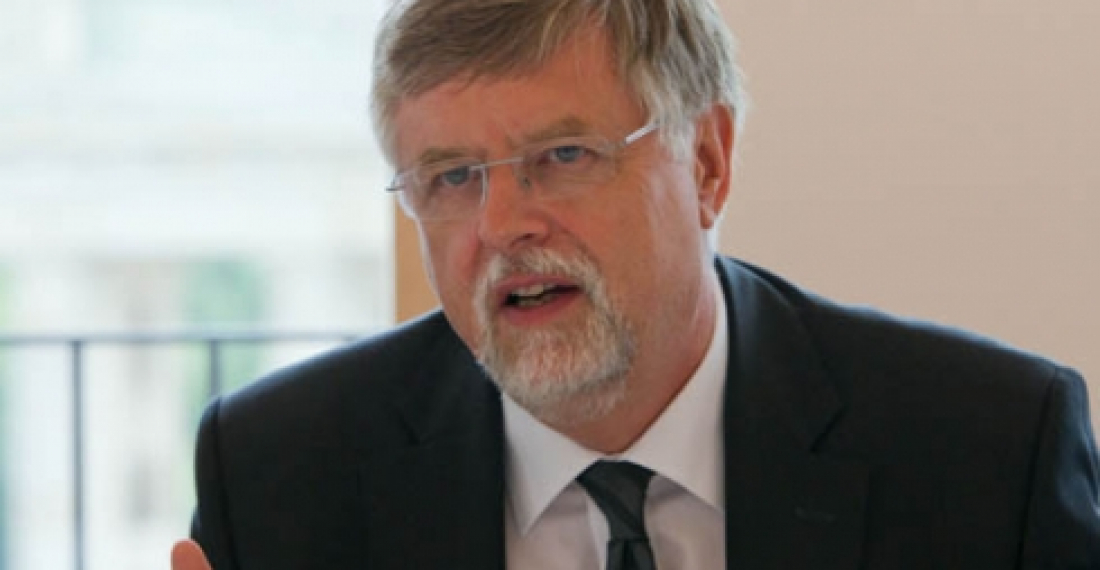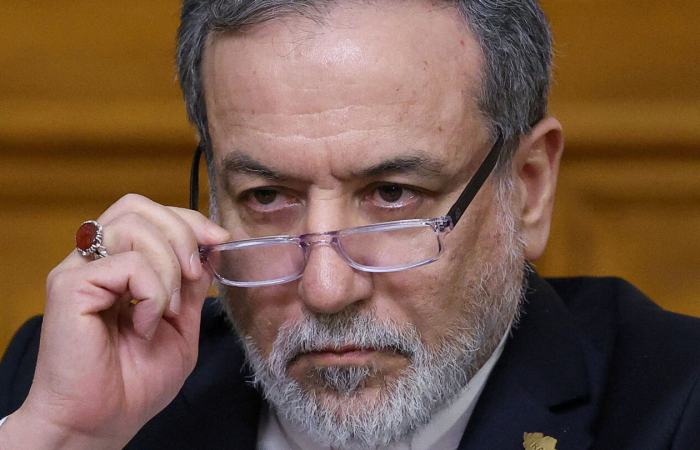Совет Европейского Союза, представляющий 28 государств-членов, вновь назначил посла Герберта Зальбера Специальным представителем ЕС на Южном Кавказе. Назначение посла Зальбера продлено до февраля 2017 года.
Посол Герберт Зальбер был назначен специальным представителем ЕС на Южном Кавказе и по кризису в Грузии 8 июля 2014. Его задача заключается в содействии мирному урегулированию конфликтов в регионе, в том числе по кризису в Грузии и нагорно-карабахскому конфликту, а также поддержние регионального сотрудничества. В частности, специальный представитель является сопредседателем и участвует от имени ЕС в Женевских международных переговорах по последствиям конфликта 2008 года в Грузии.
По словам политического редактора Commonspace.eu, роль Специального представителя на Южном Кавказе является очень важной, несмотря на то Европейский Союз представлен полными делегациями во всех трех странах Южного Кавказа. Однако, спецпредставитель, прежде всего, ответственен за двусторонние отношения. С другой стороны, специальный представитель ЕС стремится работать с более обширными вопросами, такими как конфликты и региональное сотрудничество. Поскольку в регионе также есть три непризнанных образования или частично признанных, которые существуют как квази государства, Абхазия, Южная Осетия и Нагорный Карабах, то СПЕС также поддерживает контакт и с ними, несмотря на то, что ЕС не признает независимость и суверенитет этих образований. Необходимо обеспечить то, чтобы у ЕС были каналы связи со всеми сторонами, участвующими в конфликтах в этом регионе. Специальный представитель также поддерживает контакты с региональными державами.
Одним из первых заданий посла Зальбера после его повторного назначения будет участие в составе делегации ЕС в рамках председательства Люксембурга на 22-м заседании министров ОБСЕ в Белграде, где, как ожидается, будут обсуждаться вопросы связанные с Южным Кавказом как на официальных встречах, так и в кулуарах ежегодного саммита.
источник: commonspace.eu







